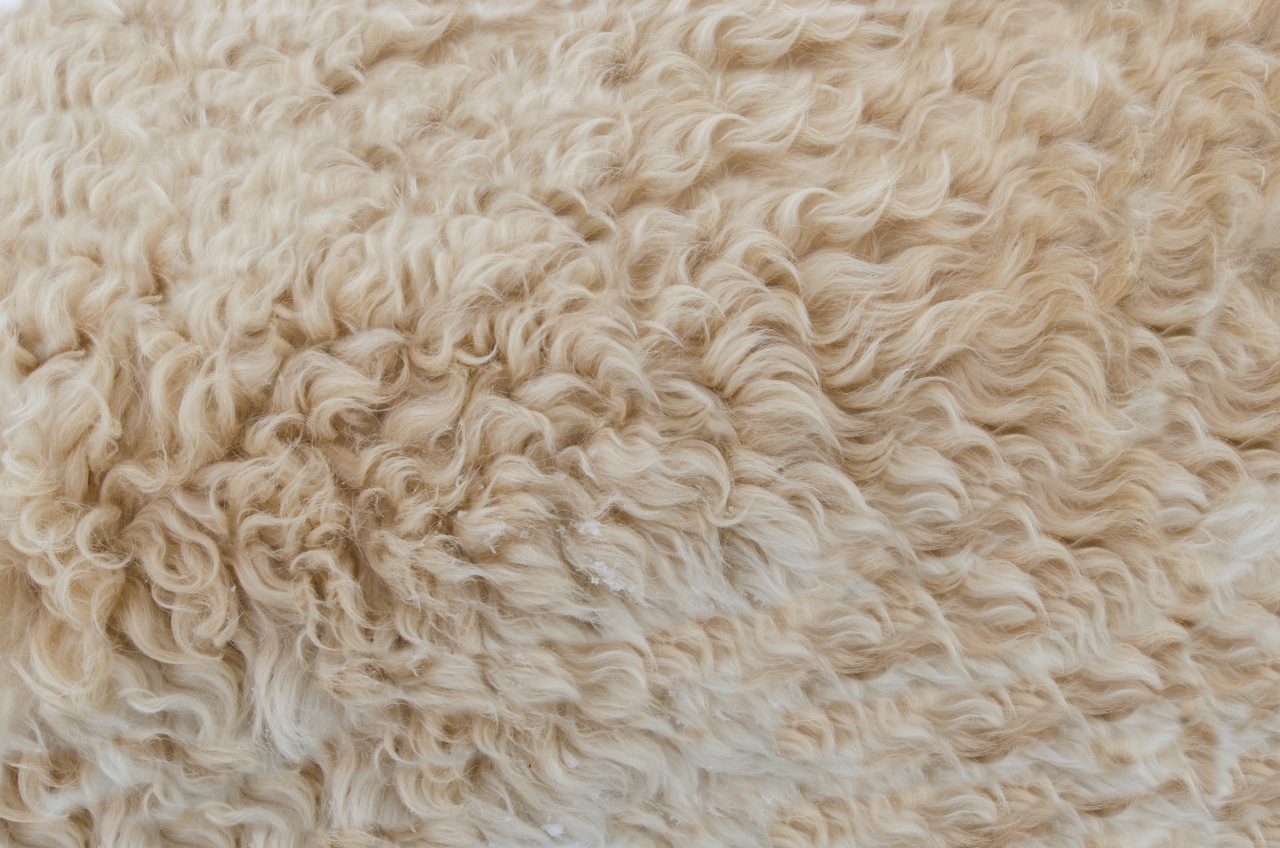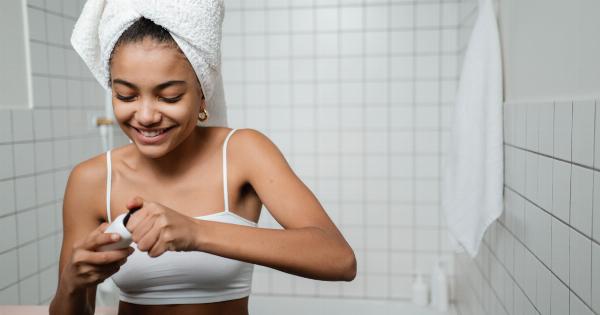Dry soles are more than just a cosmetic concern. In fact, they can be indicative of an underlying health problem.
The most common cause of dry soles is a lack of moisture in the skin. This can be due to several factors, including:.
- Hot showers and baths which can strip the skin of its natural oils causing it to dry out
- Cold weather which can cause the skin to lose moisture
- Harsh soaps and body washes that can remove the skin’s protective layer and cause dryness
- Medical conditions such as eczema, psoriasis, and thyroid disorders can also cause dry skin on the soles of the feet
How to Treat Dry Soles
If you’re suffering from dry soles, there are several ways to treat the issue:.
- Moisturize: Apply a good quality moisturizer to your feet twice daily. Look for products that contain urea or lactic acid, which help to exfoliate dead skin cells and increase skin hydration.
- Avoid hot water: Instead of taking hot showers or baths, opt for lukewarm water which is less drying to the skin.
- Wear socks: Always wear socks made from cotton or natural fibers, as they allow the feet to breathe and help to keep the skin hydrated.
- Avoid harsh soaps: Use mild, fragrance-free soaps and body washes that are gentle on your skin.
- Try over-the-counter remedies: If you’re struggling to manage your dry soles, there are several over-the-counter remedies that you can try. Look for products that contain salicylic acid, which helps to exfoliate dead skin cells, or petroleum jelly, which forms a protective barrier over the skin.
When to See a Doctor
If your dry soles are persistent, it is important to seek medical attention. In some cases, dry skin can be a symptom of an underlying health issue, such as diabetes or an underactive thyroid gland.
A doctor can examine your feet, identify the root cause of your dry soles, and recommend a treatment plan to help you manage the issue.
Preventing Dry Soles
While it is difficult to completely prevent dry soles, there are several steps you can take to reduce your risk of developing the condition:.
- Hydrate: Drink plenty of water to keep your skin hydrated from the inside out.
- Avoid harsh chemicals: Avoid irritants such as harsh soaps, laundry detergents, and cleaning products that can dry out the skin.
- Moisturize regularly: Apply a good quality moisturizer to your feet twice daily, ideally after showering or bathing.
- Protect your feet: Wear shoes that fit properly and avoid walking barefoot on rough surfaces.
The Bottom Line
Dry soles can be more than just a cosmetic concern. They can be indicative of an underlying health issue. So, it is important to seek medical attention if your dry soles are persistent or severe.
To alleviate and prevent dry soles, focus on keeping your feet hydrated and avoiding harsh chemicals and irritants. By taking proper care of your feet, you can keep them looking and feeling healthy.






























